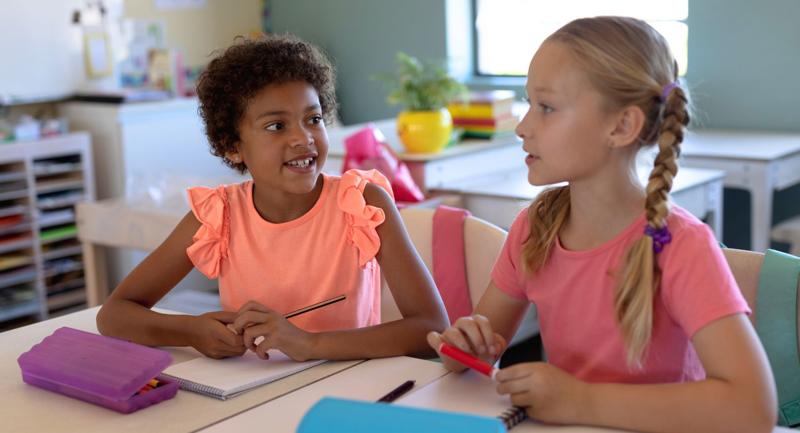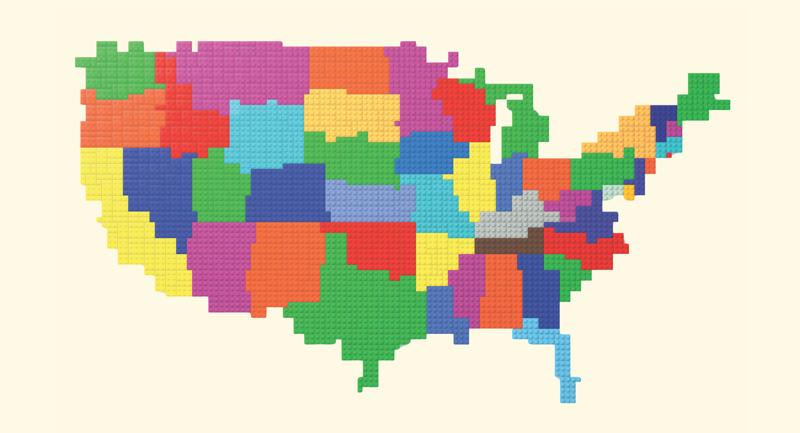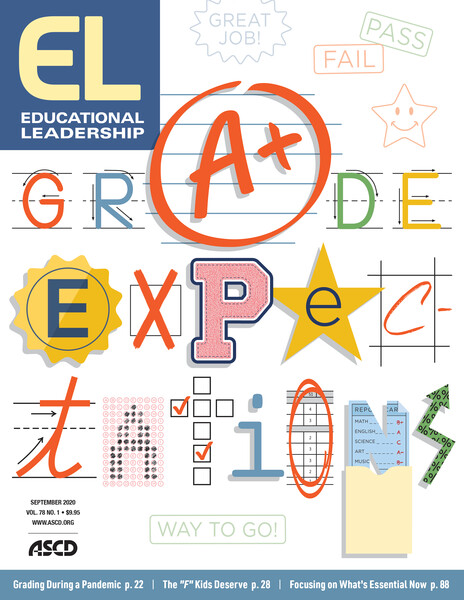Adding another layer to concerns about implicit bias in schools, a new study finds teachers' ratings of students' academic abilities may be influenced by racial- and gender-related preconceptions about students' noncognitive skills.
The study, published in the Du Bois Review, examined data on more than 12,000 1st graders included in a national longitudinal project. The data covered teachers' evaluations of the students' noncognitive skills—in areas like following classroom rules, paying attention, and working independently—as well as their ratings of the students' academic abilities in math and reading.
Using the students' test scores as a reference point, the researchers found significant racial- and gender-related disparities in the associations between students' noncognitive skills and teachers' perceptions of their academic abilities. In other words, students' deficits or advantages in noncognitive skills tended to be weighted differently depending on their race or gender.
Black students who exhibited subpar nonacademic skills, for example, were more likely to receive a below-average rating in math than white students with similar nonacademic skill levels and test scores. Conversely, Asian students tended to be rated more highly by teachers in literacy than white students with comparable behavioral skills and test scores. Compared with white boys, girls were "penalized" in both literacy and math. Disparities were also evident within racial and gender subgroups.
The researchers note that such differences in perceptions may influence grading. They encourage educators to think "more complexly" about unequal expectations around nonacademic skills.
—Anthony Rebora
Source: Zimmermann, C., & Kao, G. (2019). Unequal returns to children's efforts: Racial/ethnic and gender disparities in teachers' evaluations of children's noncognitive skills and academic ability. Du Bois Review: Social Science Research on Race, 16(2), 417–438.







